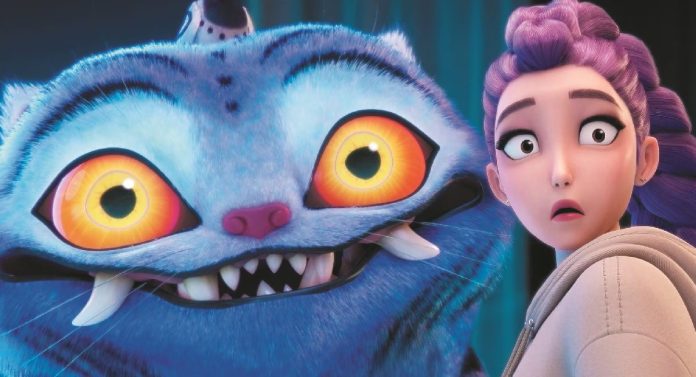Netflix’s breakout animated hit KPop Demon Hunters is doing more than topping charts—it’s stirring international conversations about history.
The unexpected spotlight came after a TikTok video about Derpy, a tiger character from the film, went viral. User Jay (@merajorphosis) posted the clip on Sept. 15, sharing her shock at learning that Korean tigers were driven to extinction during Japan’s colonial rule. The post quickly racked up over 1.2 million views and 190,000 likes.
Derpy, paired with the magpie Sussie, draws inspiration from hojakdo—Joseon-era paintings of tigers and magpies. For Jay, Derpy’s charm became an entry point into a darker history: beginning in 1917, Japanese authorities labeled tigers as “harmful animals” and launched widespread hunts that many historians see as part of an effort to erase Korean identity.
The viral video sparked more than 2,000 comments, many condemning Japanese imperialism and the lack of historical education about it. One top comment, with 27,000 likes, read: “They also tried to eradicate the Mugunghwa (rose of Sharon), Korea’s national flower, to suppress national identity. Now it’s a symbol of resilience.”
Others pointed to issues such as the “comfort women” system, where girls as young as 14 were forced into wartime sexual slavery. The discussion expanded far beyond tigers, highlighting broader critiques of Japan’s colonial past and its lingering shadows.
Blending K-pop energy with Korean folklore, KPop Demon Hunters has become Netflix’s most-watched title worldwide, even topping the Billboard chart with its soundtrack. The irony hasn’t gone unnoticed—Sony Pictures Animation of Japan co-produced the global hit now fueling renewed debate about Japan’s history.
Source: Korea Times

